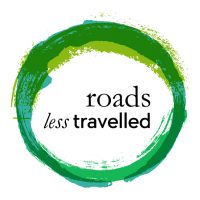People have and always will be a part of nature, which is why ‘conventional conservation’ methods of removing settled groups of people from a natural environment – of separating humans and nature – to preserve it doesn’t work. The displacement of these caretakers and the abandonment of their way of life can cause irreparable damages to the surrounding ecosystem, including flooding, wildfires, habitat loss, fragmentation or homogenisation and the resulting species decline. When ‘caretaker communities’, empowered enough to cope with externally imposed changes, can continue living in and managing an area they have been settled in for centuries the balance of nature is maintained and biodiversity can flourish.
We strongly believe that nature can be protected in many different ways, by many different people – there isn’t just one correct method. We see this in communities across the globe who maintain their surrounding nature simply by how they live their lives.
Having the will to continue their way of life in the 21st century however, is unfortunately not enough. Ignorance, misinformation, social prejudice, and harmful policies and legislation are threatening the livelihoods of mobile pastoralists – and along with that their roles as stewards of our local natural landscapes.
To help communities respond to these challenges, we (DiversEarth, Yolda Initiative and Trashumancia Y Naturaleza) have developed Roads less Travelled – a new global and collaborative programme of research, lobbying, outreach and celebration to inform decision makers on the benefits mobile pastoralist communities bring to nature, climate and all societies, at the cost of none and to the benefit of all.
People have and always will be a part of nature, which is why ‘conventional conservation’ methods of removing settled groups of people from a natural environment – of separating humans and nature – to preserve it doesn’t work. The displacement of these caretakers and the abandonment of their way of life can cause irreparable damages to the surrounding ecosystem, including flooding, wildfires, habitat loss, fragmentation or homogenisation and the resulting species decline. When ‘caretaker communities’, empowered enough to cope with externally imposed changes, can continue living in and managing an area they have been settled in for centuries the balance of nature is maintained and biodiversity can flourish.
We strongly believe that nature can be protected in many different ways, by many different people – there isn’t just one correct method. We see this in communities across the globe who maintain their surrounding nature simply by how they live their lives.
Having the will to continue their way of life in the 21st century however, is unfortunately not enough. Ignorance, misinformation, social prejudice, and harmful policies and legislation are threatening the livelihoods of mobile pastoralists – and along with that their roles as stewards of our local natural landscapes.
To help communities respond to these challenges, we (DiversEarth, Yolda Initiative and Trashumancia Y Naturaleza) have developed Roads less Travelled – a new global and collaborative programme of research, lobbying, outreach and celebration to inform decision makers on the benefits mobile pastoralist communities bring to nature, climate and all societies, at the cost of none and to the benefit of all.
How we Work
Undertaken in close collaboration with mobile pastoralist communities and led by a diverse range of experts, the Roads Less Travelled programme can be split into the following 5 overlapping themes, or Work Streams, under which our projects take place:
|
1 |
Understanding the State of Play of the practice in countries around the world. |
A combination of policy assessment and engaging with organisations and communities to understand the practice in today’s context – along with the mapping of still existing migration routes.
|
2 |
Making the Case. |
Through scientific studies and understanding pastoralist practice and perspective, we
produce reports, articles and stories that make the case for mobile pastoralism as a
relevant and critical 21 st century practice.
|
3 |
Supporting Pastoralist Rights and Recognition. |
Securing the rights of mobile pastoralists nationally and globally by contributing research to resolutions used to influence organisations’ and governments’ priorities and activities – such as:
|
4 |
Learning from Nomadic Spirituality and Life Ways. |
Appreciating how to be in a landscape and understanding the impact one can have by looking deeper into how mobile pastoralists care for and exist in their surrounding nature.
|
5 |
Celebrating the Lives of Mobile Pastoralists. |
Using art, music, poetry, dance and storytelling to celebrate mobile pastoralists, their contribution to a sustainable future and all the lessons for life and living they hold.
Who Are We
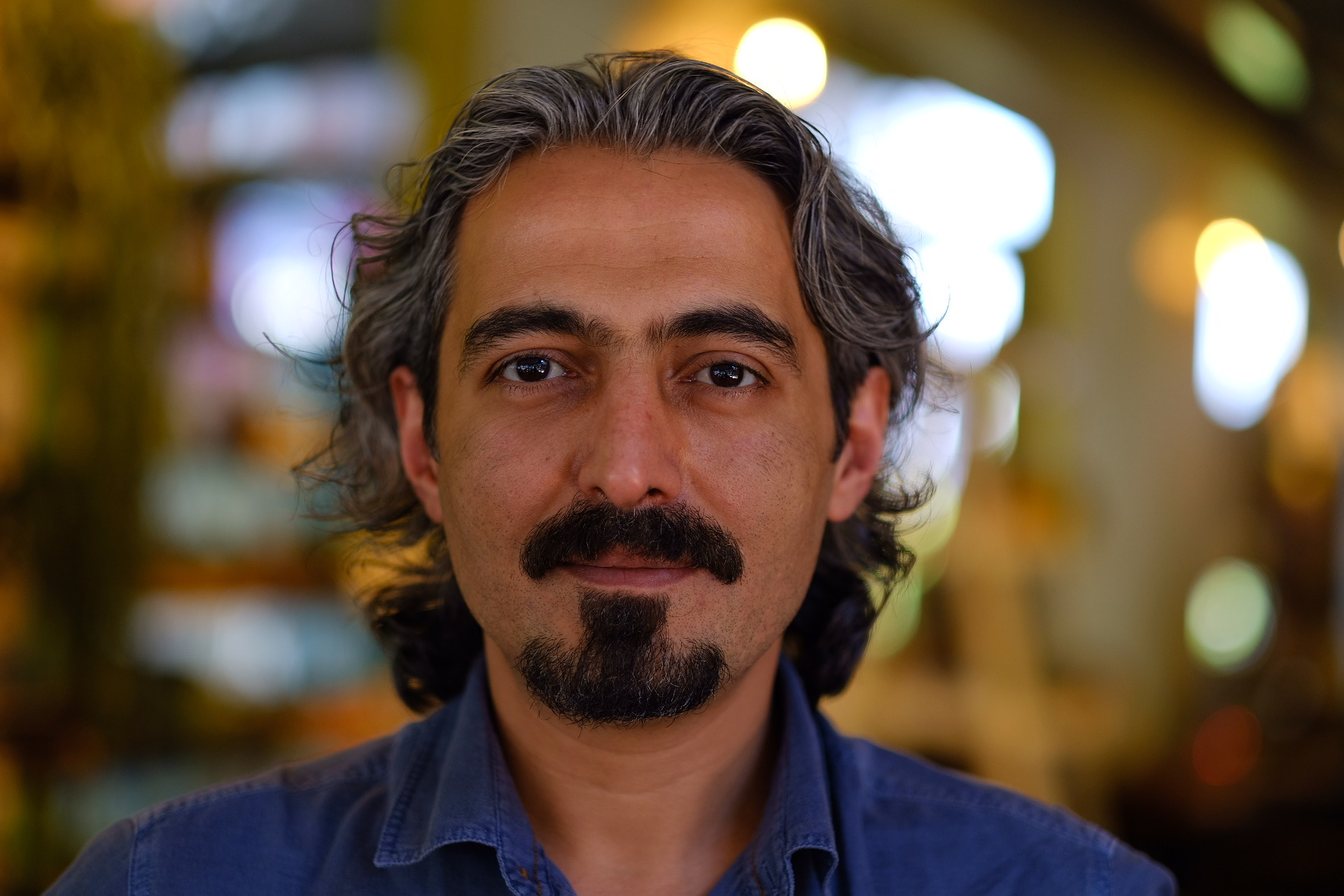
Engin Yılmaz, Director | [email protected]
Yolda Initiative is a nature conservation NGO based in Turkey and operating at international level. Yolda works for the conservation of biodiversity through research, advocacy, communications and partnerships. Recognizing that humans, with their cultural diversity, are an integral component of ecosystems, traditional cultural practises that benefits biodiversity are a particular focus of Yolda.
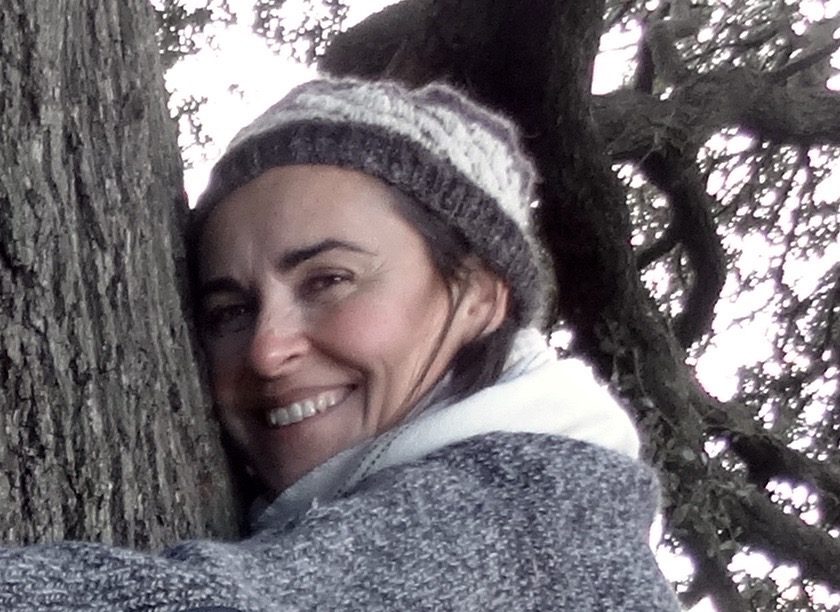
Concha Salguero | [email protected]
Asociación Trashumancia y Naturaleza (TyN) works to support and promote transhumance, extensive farming and pastoral systems in Spain, which are all traditional practices that help to maintain key ecosystems and the services they provide. TyN also promotes grazing and the use of common mountain pastures and other comunal areas as a rural development and job creation tool.
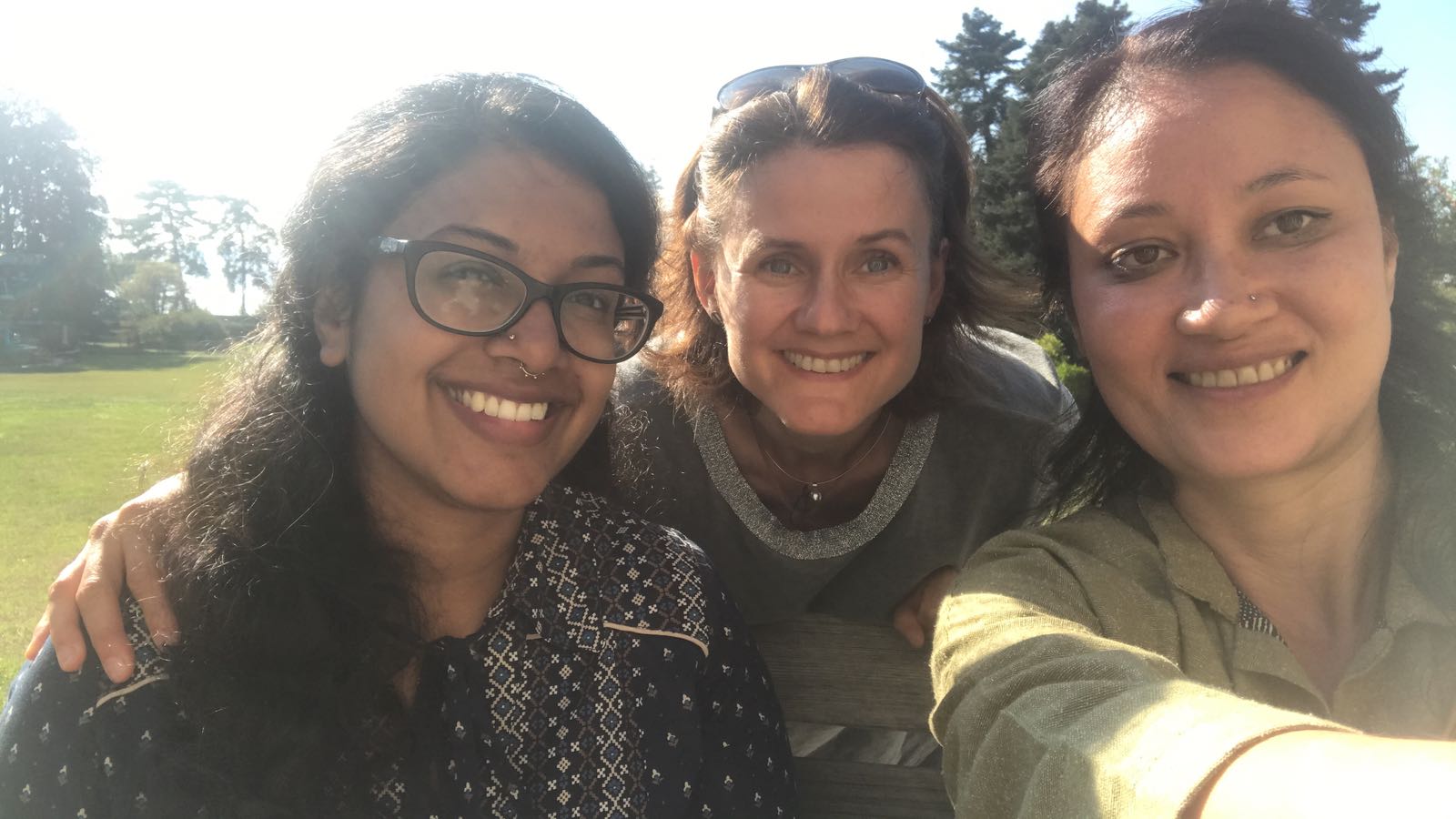
Divya Venkatesh, Sandra Spissinger-Bang, Liza Zogib (Director) | [email protected]
DiversEarth is a small NGO with big energy based in Switzerland but working globally. By working with custodians of lands and waters to enhance the protection, management, and restoration of Sacred Natural Sites; supporting and celebrating innovative cultural practices that benefit nature and biodiversity around the world; and engaging with faith-based leaders, communities and networks, they look for culturally appropriate ways of protecting the natural world.
Interested in Joining Us?
If you’d like to work with us send us a message using the form below, or write to us at hello@roads-less-travelled.org.
Latest Resource
Mobile Pastoralism and the World Heritage Convention is our new report on mobile pastoralism and World Heritage sites.
Read it here.
LATEST NEWS
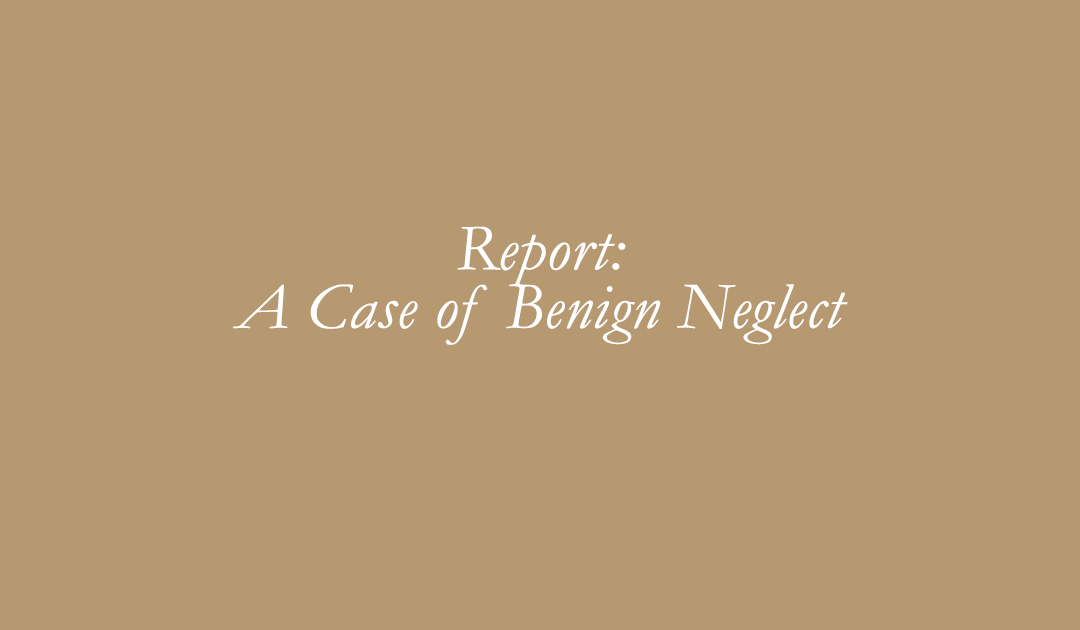
Report: A Case of Benign Neglect
The UN Environment Programme Report: "A case of benign neglect: Knowledge gaps about sustainability in pastoralism and rangelands", which we have contributed to, directly responds to one of the UN resolutions which acknowledges the dearth of information on pastoralism...
Follow
Join up with us on social media using @RLTGlobal #RLTGlobal
Latest Resource
Mobile Pastoralism and the World Heritage Convention is our new report on mobile pastoralism and World Heritage sites.
Read it here.
LATEST NEWS

Report: A Case of Benign Neglect
The UN Environment Programme Report: "A case of benign neglect: Knowledge gaps about sustainability in pastoralism and rangelands", which we have contributed to, directly responds to one of the UN resolutions which acknowledges the dearth of information on pastoralism...
Follow
Join up with us on social media using @RLTGlobal #RLTGlobal
